The first mixed genre, science-driven anthology film of its kind.
Labocine and Imagine Science Films in partnership with Simons Foundationare thrilled to announce ten visionary filmmakers who will realize “Chimera Experiments, ” a feature-length anthology film featuring stories from the most influential scientists of our time.
The theme of Chimera Experiments is evolution in its natural and artificial forms — the deliberate and random modifications of an organism.
As a mixed genre, science-driven anthology film, Chimera Experiments is the first of its kind.
Noah Hutton - CHAPTER TITLE: “THE MAZING”
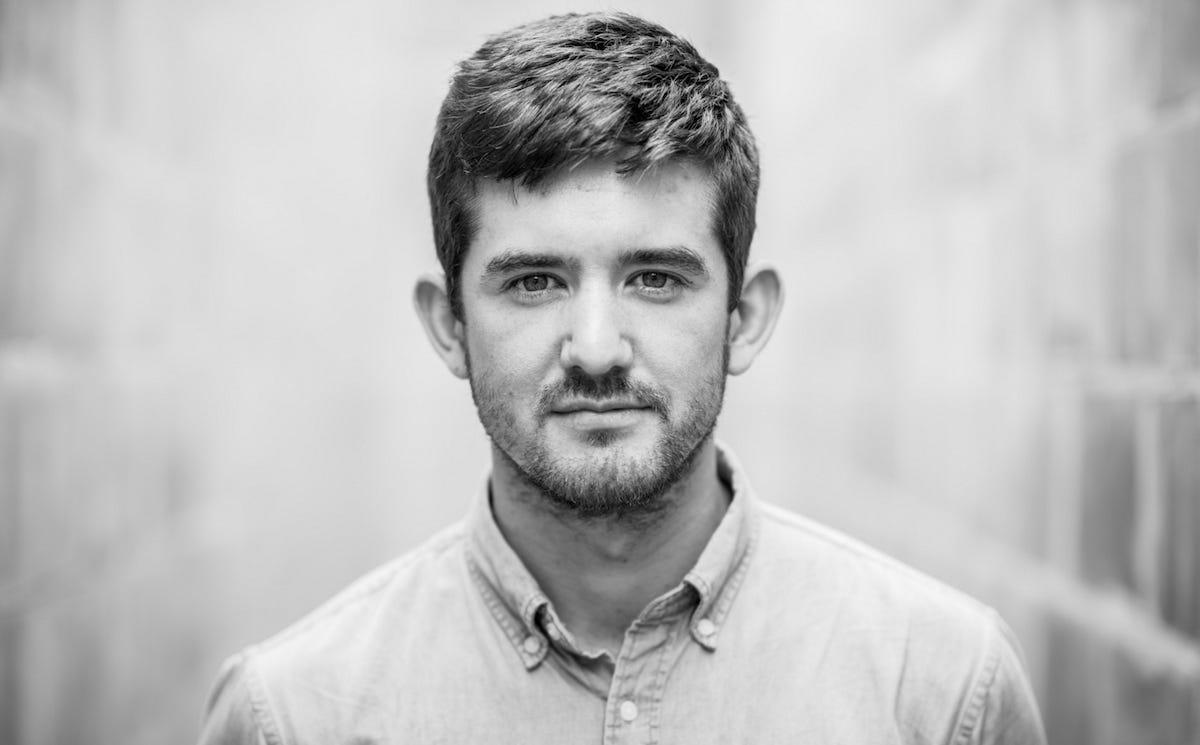
Noah is a film director and founder of the website The Beautiful Brain. In 2015 he was named a Salzburg Global Fellow in Neuroscience and Art.He is in the seventh year of work on his film Bluebrain, a 10-year documentary-in-the-making about The Blue Brain Project.
Josephine Decker - CHAPTER TITLE: “THE MASK TASK”
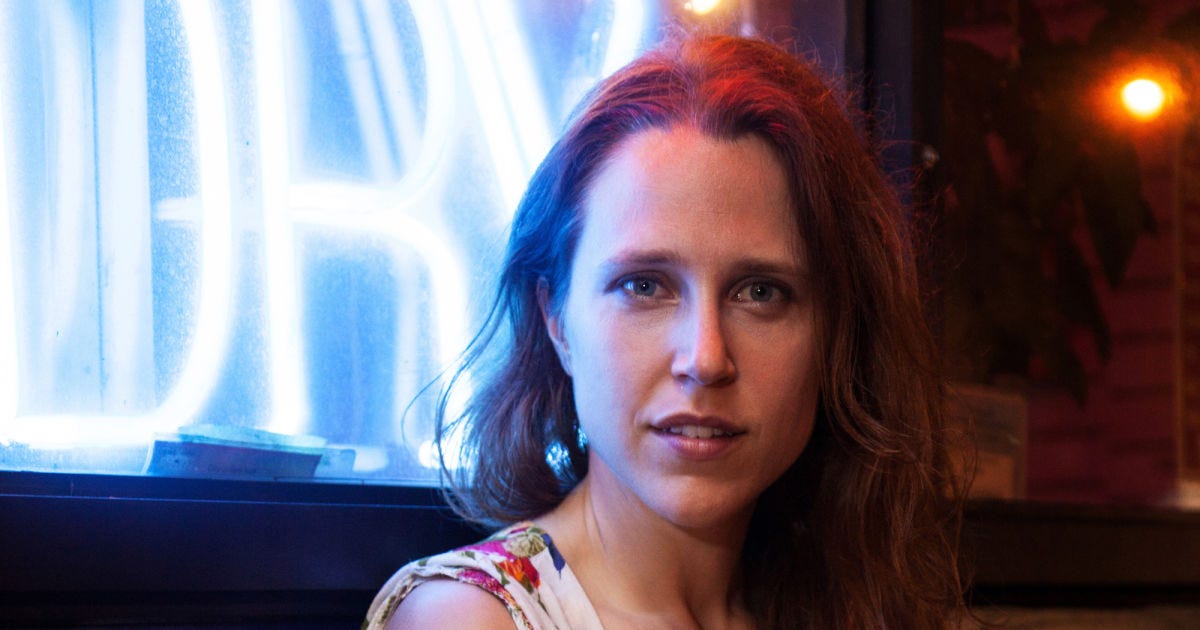
Recently named one of Filmmaker Magazine’s 25 New Faces of Independent Film, Josephine Decker’s work has been lauded everywhere from The New Yorker and New York Times to The Austin Chronicle. Her short films and music videos have played at MoMA, SXSW, Cucalorus, Maryland, and Austin Film Festival. Josephine is also an actor and performance art.
Ian Harnarine - CHAPTER TITLE “EUDOCIMUS SAPIENS”
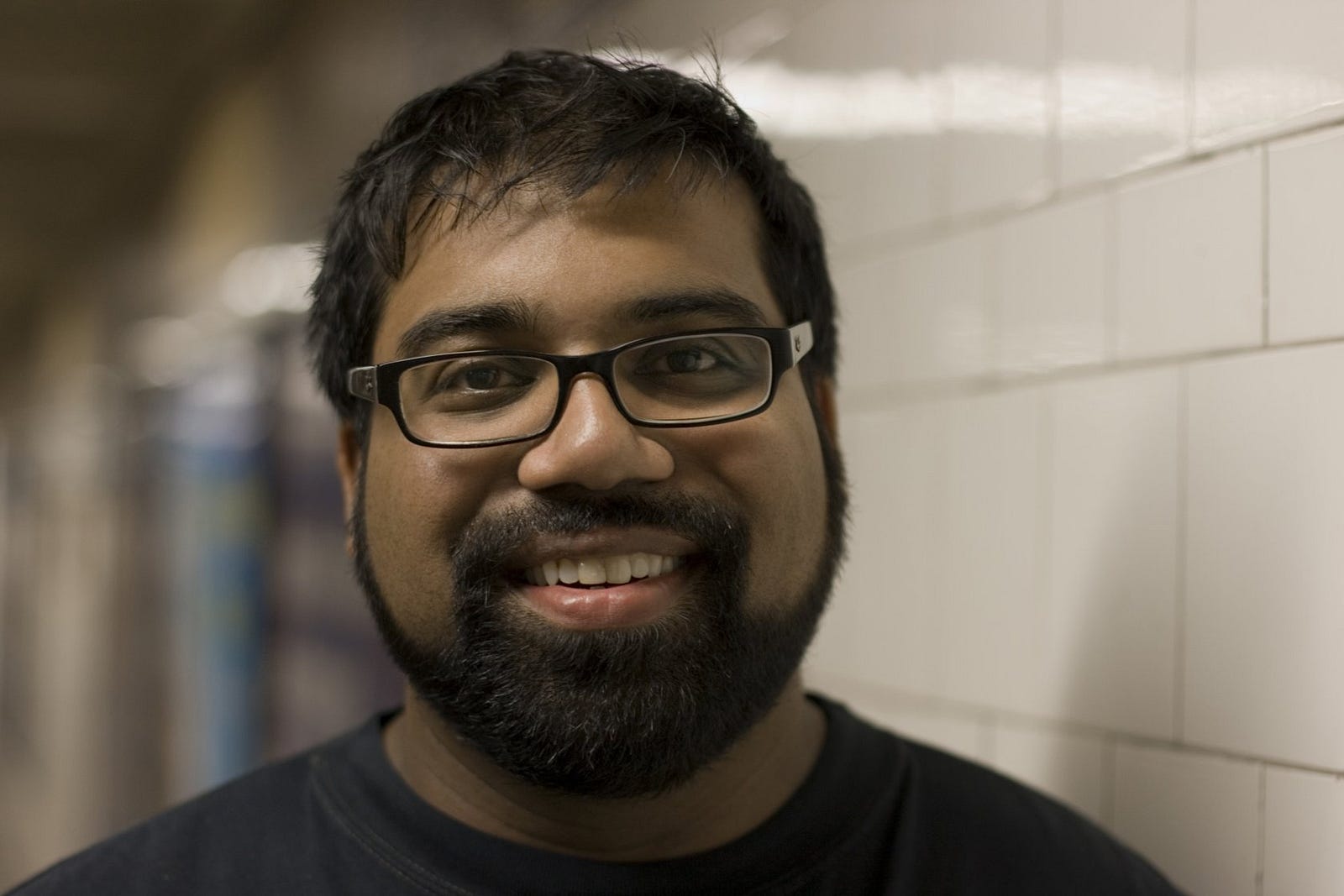
Ian is a Canadian film director and screenwriter. He is best known for his short film “Doubles with Slight Pepper,” which won the Genie Award for Best Live Action Short Drama. Born and raised in Toronto to immigrant parents from Trinidad and Tobago, Harnarine studied physics and astronomy at York University and the University of Illinois before pursuing a film degree at New York University.
Rachel Mayeri - CHAPTER TITLE: “SEX, DEATH, AND KEFIR”
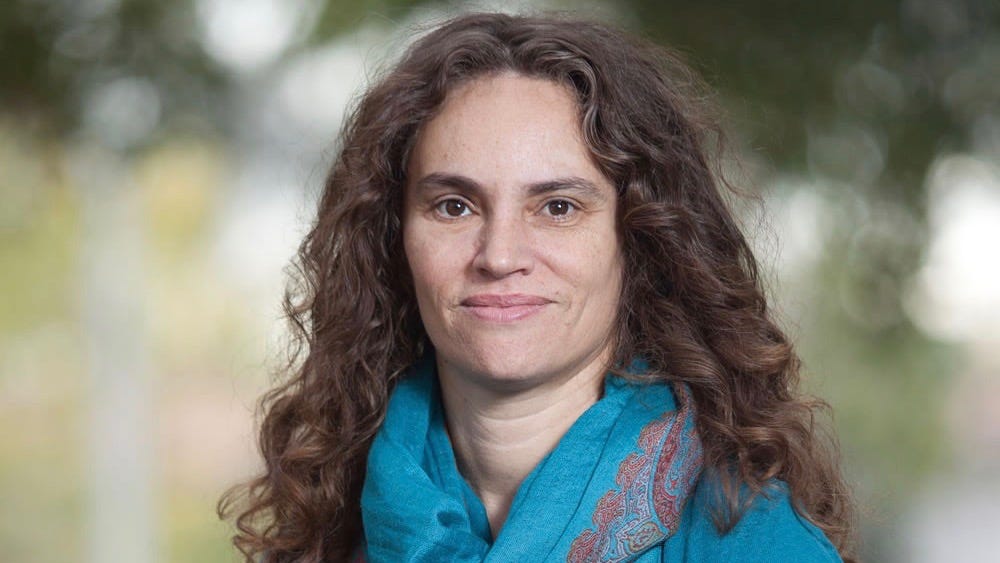
Rachel Mayeri is an artist who is fascinated by animal behavior, parasites, psychology experiments, and the biology of reproduction before cell theory. Her work mines the “cultural unconscious” of science — the imaginative, playful, spectacular, and bizarre — as well as the political. Mayeri’s videos have shown at Sundance, Berlinale, and Ars Electronica and received grants from the Wellcome Trust, Creative Capital, and California Council for the Humanities. She lives in LA where she is professor of media studies at Harvey Mudd College.
Alexis Gambis - CHAPTER TITLE: “THE SYMPHONY OF THE ORYX”
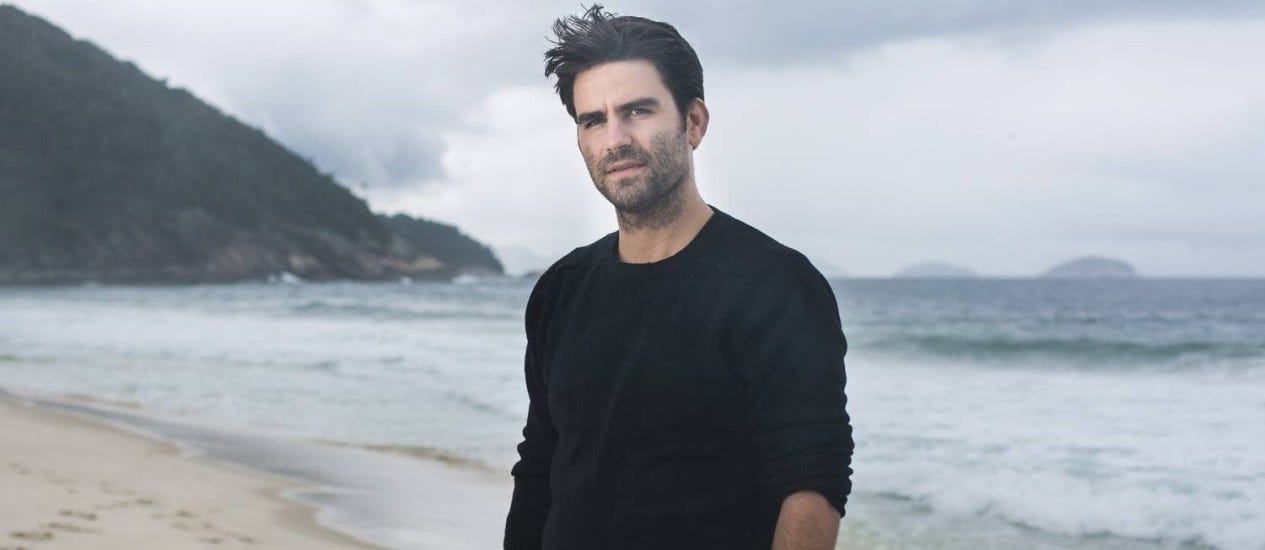
Alexis Gambis is Founder & Executive Director of the Imagine Science Film Festival, an annual New York science film festival now in its 10th year. He also recently launched Labocine, a VOD platform and video magazine coined by reviewers as the “science new wave” which proposes a new way to experience science cinema.
Sally Warring - CHAPTER TITLE: “LICHEN”
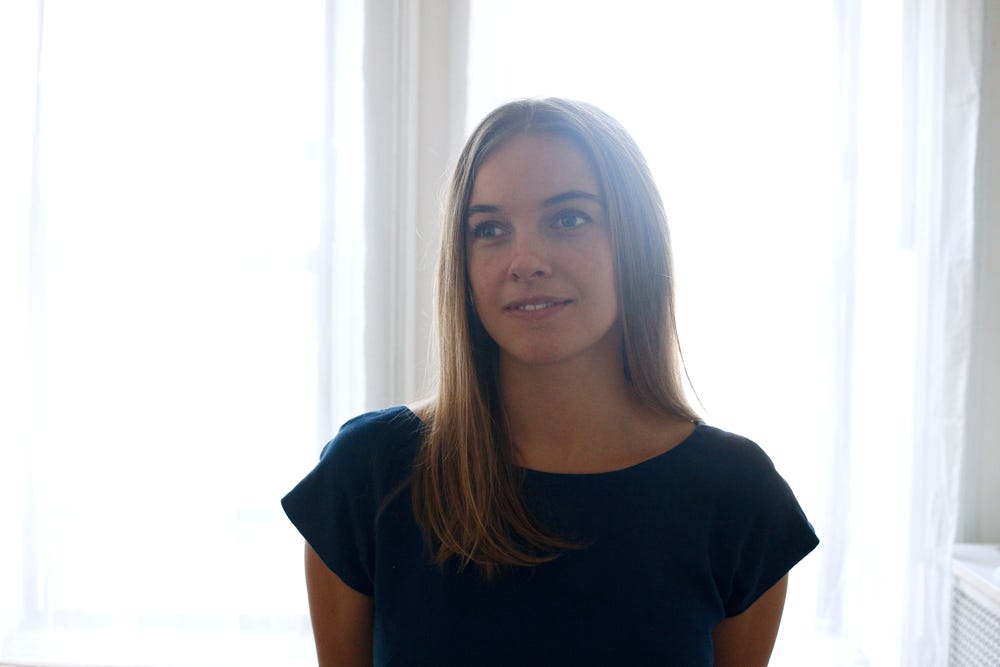
Sally is the creative scientist behind the popular Instagram account Pondlife, which documents the fantastical unicellular microorganisms she discovers in wild bodies of water in and around New York City. She’s currently working on getting her Ph.D. in Biology from New York University in the United States.
Barry J. Gibb - CHAPTER TITLE: “MOTHER”
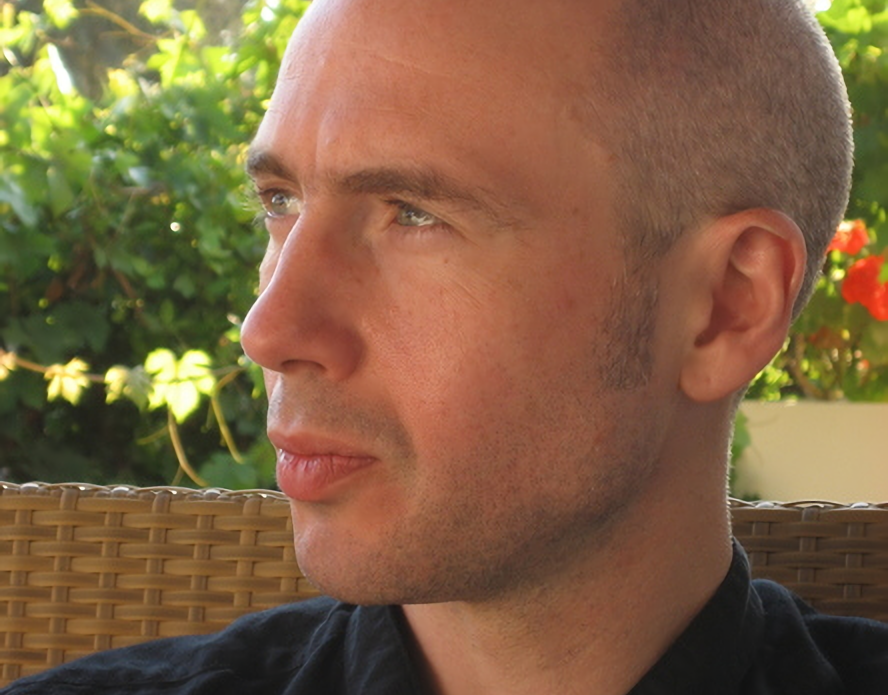
Barry J. Gibb first trained as a molecular biologist and neuroscientist. Following a decade of research, he swapped the microscope for a camera to pursue the dream of writing and making films about science. His award-winning book, The Rough Guide to the Brain, was first released by Penguin in 2007 (2nd edition, June 2012), winning him the short-lived accolade of ‘Dr Sex’ from the Sun newspaper and a mild look of disapproval from his wife.
Jeannette Louie - CHAPTER TITLE: “REALM OF AN INNER CHILD”
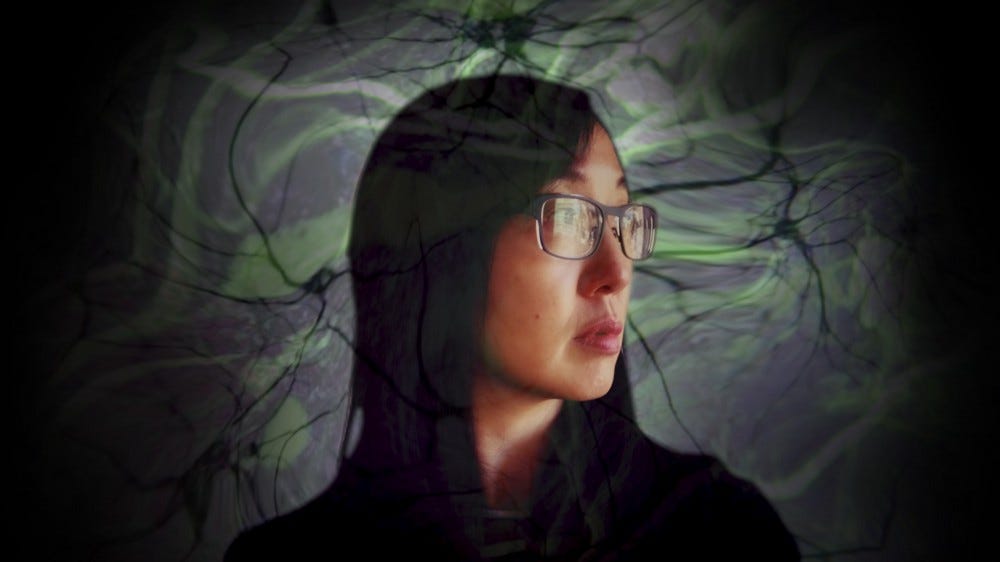
Jeannette Louie is an award-winning Asian American filmmaker and visual artist whose experimental films and installations delve deeply into the netherworld of consciousness. She magnifies the dystopic diaspora of human cognition by building a world filled with narratives. In this terrain, individual minds construct multiple realms of realities defined by molecular memory and reaction.
Demelza Kooij - CHAPTER TITLE: “THE BREEDER”
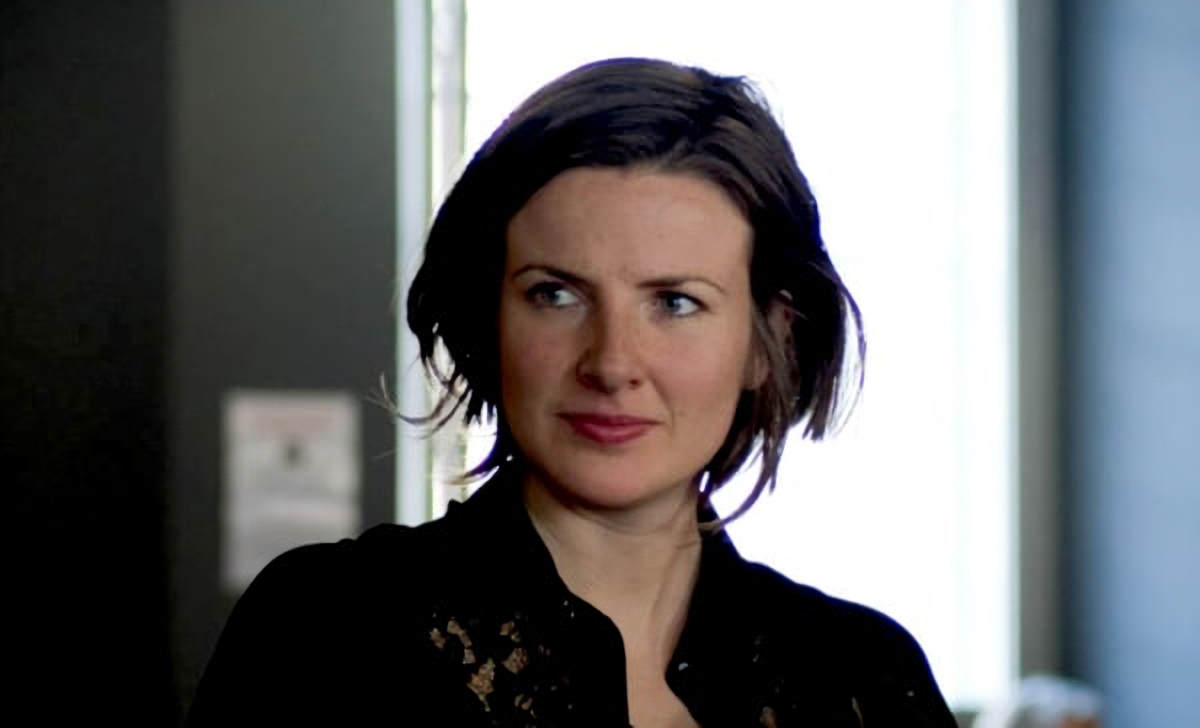
Demelza Kooij is a Dutch native based in Liverpool where she works as filmmaker and senior lecturer at Liverpool John Moores University (UK). Her research concerns hybrid film forms, animals and landscape in film, posthumanism, and the voice in documentary. She presented her work at conferences, art galleries, as well as BAFTA and Oscar accredited film festivals internationally with highlights such as Festival du Nouveau Cinéma, Ann Arbor, Hamptons, and Edinburgh International Film Festival.
Myriam Charles - CHAPTER TITLE: “A FORTRESS”

From Haitian descent, Miryam Charles studied Film Production at Concordia University. She produced and shot several shorts and feature films. She is the director of Fly, fly sadness (which have been shown at film festivals in New York, Scotland, Vienna, Spain and Montreal) and Towards the colonies (Imagine Science Films Festival 2016). Her films are a constant exploration of the repercussions of colonialism.
All films must be collectively assembled in sequence into an exquisite corpse where the start and end of each piece are connected (visually or sonically) to the previous and next shorts.
2. “MY NAME IS MOSAIC”
An entity referred to as “MOSAIC” or a variations on this name will be present in each chapter morphing into different forms and shapes.
3. THE BIRTHMARK
A visual or sonic motif will be present in all films and decided collectively by the filmmakers. This will be the birthmark of this chimera creature. Watch the final product to discover what this is.
The chapters of Chimera Experiments are connected by stories from some of the most influential scientists of our time.
Eric Richard Kandel is a recipient of the 2000 Nobel Prize in Physiology or Medicine for his research on the physiological basis of memory storage in neurons. Kandel is a University Professor of biochemistry and biophysics at the College of Physicians and Surgeons at Columbia University. He is a Senior Investigator in the Howard Hughes Medical Institute. He was also the founding director of the Center for Neurobiology and Behavior, which is now the Department of Neuroscience at Columbia University. He currently serves on the Scientific Council of the Brain & Behavior Research Foundation
Martin Lee Chalfie shared the 2008 Nobel Prize in Chemistry along with Osamu Shimomura and Roger Y. Tsien “for the discovery and development of the green fluorescent protein, GFP”. He holds a Ph.D. in neurobiology from Harvard University and is a University Professor at Columbia University. His paper “Green fluorescent protein as a marker for gene expression” is among the 20 most-cited papers in the field of Molecular Biology & Genetics.
Heather Berlin employs neuroimaging and neuropsychological and psychopharmacological testing of brain lesion and compulsive, impulsive, and personality disorder patients. She is a Visiting Scholar at the New York Psychoanalytic Society and Institute, and a Visiting Lecturer at the Swiss Federal Institute of Technology (ETH)/University of Zurich, and at The Hebrew University of Jerusalem.
Joseph LeDoux is the Henry and Lucy Moses Professor of Science, and a member of the Center for Neural Science and Department of Psychology at NYU. His work is focused on the brain mechanisms of emotion and memory. He is a Fellow of the American Association for the Advancement of Science, Fellow of the New York Academy of Science, a Fellow of the American Academy of Arts and Science, and the recipient of the 2005 Fyssen International Prize in Cognitive Science.
Daniela Schiller is a neuroscientist who leads the Schiller Lab for Affective Neuroscience at the Mount Sinai School of Medicine. She is best known for her work on memory reconsolidation, and on unlearning traumatic memories and addiction.
Leslie Vosshall is the Robin Chemers Neustein Professor and Head of the Laboratory of Neurogenetics and Behavior at Rockefeller University. Vosshall has won numerous awards. In 2001, she received a Beckman Young Investigators Award, and received a McKnight Neuroscience Scholar Award and a National Science Foundation CAREER Award. In 2010 Vosshall was awarded The Dart/NYU Biotechnology Achievement Award. In 2015 Voshall was elected to the National Academy of Sciences.
Ali Brivanlou is head of the Laboratory of Molecular Embryology at Rockefeller University. Much of the research of this developmental biologist focuses on the molecular events and cellular interactions that regulate the emergence of key structures in the early embryo. In the course of this research, he has made several influential discoveries. Dr. Brivanlou received a Presidential Early Career Award for Scientists. His other honors include an Irma T. Hirschl Trust Career Scientist Award, a Searle Scholar Award, a Klingenstein Fellowship, a McKnight Scholar Award, a Wilson S. Stone Memorial Award, and a John Merck Scholar Award.
Stuart Firestein is the Chair of Columbia University’s Department of Biological Sciences. He studies the vertebrate olfactory receptor neuron as a model for investigating general principles and mechanisms of “signal transduction” — the ways in which chemicals, such as neurotransmitters, hormones, and peptides with membrane receptors, exert their influence in the brain and nervous system.
Diana Reiss studies animal cognition, and has found that bottlenose dolphins (and Asian elephants) can recognize themselves in the mirror. Diana Reiss’s research focuses on the cognition and communication of marine animals, with an emphasis on comparative animal cognition.
Michael Purugganan is the Silver Professor of Biology at New York University and Dean for Science of NYU. He is also on the affiliated faculty and the co-director of the Center for Genomics and Systems Biology at NYU Abu Dhabi. He also serves on the Biological Sciences Advisory Committee for the US National Science Foundation. Purugganan is a leading authority on plant molecular evolution and genomics, and has published over 100 research papers.
Labocine is a new platform for extraordinary films from the science new wave. From lab footage to documentary to fiction, Labocine aspires to become one of the largest and most diverse platforms for science cinema worldwide.
On the first Tuesday of each month, Labocine releases a surgically curated issue of films connected by a theme. Issues are organized in an interactive network-viewing experience, branching out as interconnected nodes from the central theme — a phylogenetic tree of movies and ideas.
Part archive, part curated program, part experiment, Labocine challenges the way you understand, interpret, and appreciate scientific ideas.